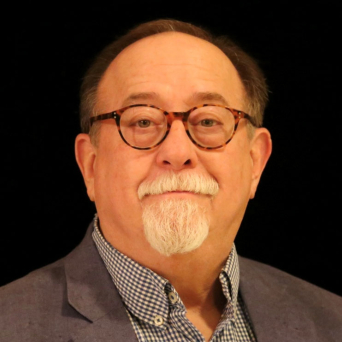This training session focuses on enhancing understanding and application of ethical principles for behavioral healthcare providers (psychologists, counselors, drug and alcohol counselors, and social workers). The training session will cover ethical principles, discuss their application, give examples of common ethical dilemmas, describe an ethical decision-making model, and discuss cultural considerations when making ethical decisions. Ethics are designed to protect the public we serve by safeguarding their interests and giving us direction when conflicting interests arise in providing care.
FREE Training
Audience: professionals in behavioral health, psychologists, counselors, drug and alcohol counselors, & social workers
Instructional Level: Intermediate
Speakers: Dr. Mark Lukin, Licensed Psychologist
This training is approved for 4.0 continuing education (CE) credits for psychologists,* 4.0 CE credits for Nebraska LMHP/LIMHP, and 4.0 CE credits for Nebraska LADCs. Credits will be awarded to participants who attend the entire training.
*Continuing education for psychologists may be used by other licensed behavioral health professionals. Please check with your licensing board. Continuing education credit is granted on a one credit per one instructional hour basis.
The University of Nebraska Public Policy Center (NUPPC) is approved by the American Psychological Association to sponsor continuing education for psychologists. The NUPPC maintains responsibility for this program and its content.
OBJECTIVES
- Name and describe the ethical principles for your profession.
- Identify potential ethical problems and apply the ethical principles.
- Identify three common ethical dilemmas occurring in behavioral healthcare.
See event flyer for more info: go.unl.edu/ethical-bhcare-flyer
Sponsored by the Nebraska Department of Health and Human Services Division of Behavioral Health and the University of Nebraska Public Policy Center.
There are no personal or professional relevant conflicts of interest in relation to this presentation.

